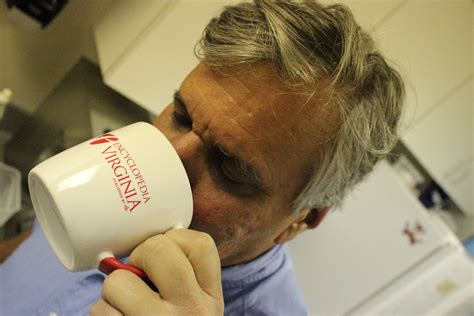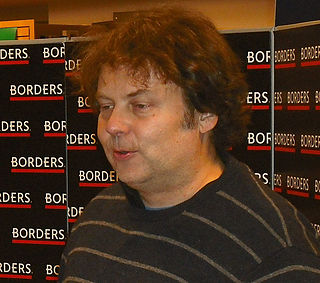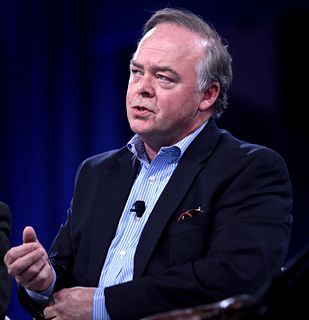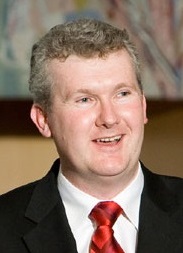A Quote by William Julius Wilson
Liberals were intimidated by the Reagan administration and did not want to appear naive by talking about programs that called for government support. I just said, 'The hell with that. I'm out there.'
Related Quotes
It was simply impossible to support Carter for reelection in 1980 and easy for me to support Reagan. The Reagan campaign was happy to have Democratic support, and the Reagan administration was happy to have Democrats in it; they took the view that, after all, Reagan himself had been a Democrat, so it was not a strike against you.
Reagan said that government is not the solution to our problems, government is the problem. And he was going to dismantle that government. Well, long story short, he failed to do that. He built up the military to a much greater status, more people in it, and actually more employees after the end of the Reagan administration. And, to achieve his objectives, he did some of the very same things that Trump is doing to achieve his. What Ronald Reagan really wanted to dismantle was the welfare state. And he had limited success in doing that.
Liberals in the US don't have great passions about Margaret Thatcher. Conservatives do. For all the worship that Ronald Reagan elicits in conservative circles in the US, I would venture that Thatcher did far more to reshape British society than Reagan did here. When I moved to Britain, the utilities were state-run. By the time I left, most of that was privatized. Thatcher had broken the miners' union, all but crushed the Labour Party, cut back the welfare state, even flirted with a poll tax. In the circles I ran in, Reagan was mocked as a childish dolt. Thatcher was despised.
You essentially have a human-relations database on millions of Americans. The administration said, "Well we're not listening to calls, we don't collect content." As [Vice President] Joe Biden said when he was a United States senator, you don't need to listen to those calls. If you have who somebody called, when and where, and you learned, for example, somebody called a psychiatrist three times in the last few days and twice after midnight, you know a lot about that person that they may not want people to know about them, especially the government.
When I was little, I met Ronald Reagan. I think I said something to him. He was talking about somebody - he said somebody was like the Clint Eastwood of something, and I said, "I thought he was the Arnold Schwarzenegger," or "more like Arnold Schwarzenegger." He just looked at me like I was crazy. He didn't know what I was talking about.
f you analyze it I believe the very heart and soul of conservatism is libertarianism. I think conservatism is really a misnomer just as liberalism is a misnomer for the liberals - if we were back in the days of the Revolution, so-called conservatives today would be the Liberals and the liberals would be the Tories. The basis of conservatism is a desire for less government interference or less centralized authority or more individual freedom and this is a pretty general description also of what libertarianism is.
The claim that the Government made that there were 21 measures in it is wrong. We said we wanted to wait till we saw the bill because we didn't to trust that it would be as they described and it's turned out we were exactly right for saying that. The Government has been entirely deceptive with this. And if their first action is to lie to the Australian people about what was meant to be their centrepiece bill, that really tells you want the [Malcolm] Turnbull Government's going to be about.
On April 14, 1986, when the Reagan administration launched an airstrike on Libya in clear violation of international law, Kissinger did the rounds on news shows to justify the bombing. The day after the bombing, Kissinger appeared on ABC's 'Good Morning America' to voice his 'total support.' Attacking Libya, he said, was 'correct' and 'necessary.'






































